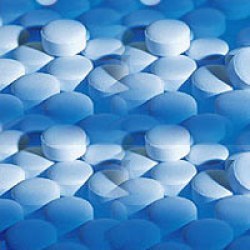Antibiotic Drugs Can Thwart Gastric Cancer
 Japanese researchers have discovered that it is possible to put an end to H. pylori infections by making use of antibiotic medications.
Japanese researchers have discovered that it is possible to put an end to H. pylori infections by making use of antibiotic medications.
Heliobacter pylori can lead to stomach ulcers and, in severe cases, gastric cancer.
Seiji Shiota and Yoshio Yamaoka from Oita University, Japan and Baylor College of Medicine, Texas, respectively, gave heliobacter pylori antibiotic drugs to sufferers with early gastric cancer after surgical operation.
Researchers followed up the study participants for three years.
It was discovered that sufferers who had antibiotic treatment had a significantly lower risk of having gastric cancer, confirming the significance of careful management of heliobacter pylori.
But, certain populations have a high prevalence of H. pylori infection but a low incidence of gastric cancer.
It is thought that certain strains of H. pylori might carry an augmented chance of developing gastric cancer, but presently identified cagA genotypes in the Asia-Pacific are not linked with cancer.
The researchers wrote, "Bacterial virulence factors, host genetic factors, and environmental factors contribute to the risk for developing gastric cancer, and further studies are necessary."
But, they warned that practitioners should exercise caution relating to widespread antibiotic treatment.
"If all infected persons are to be treated, we should consider the increase in frequency of antibiotic resistance and unexpected consequences such as esophageal adenocarcinoma, asthma, and autoimmune disease," the researchers added. (With Input from Agencies)